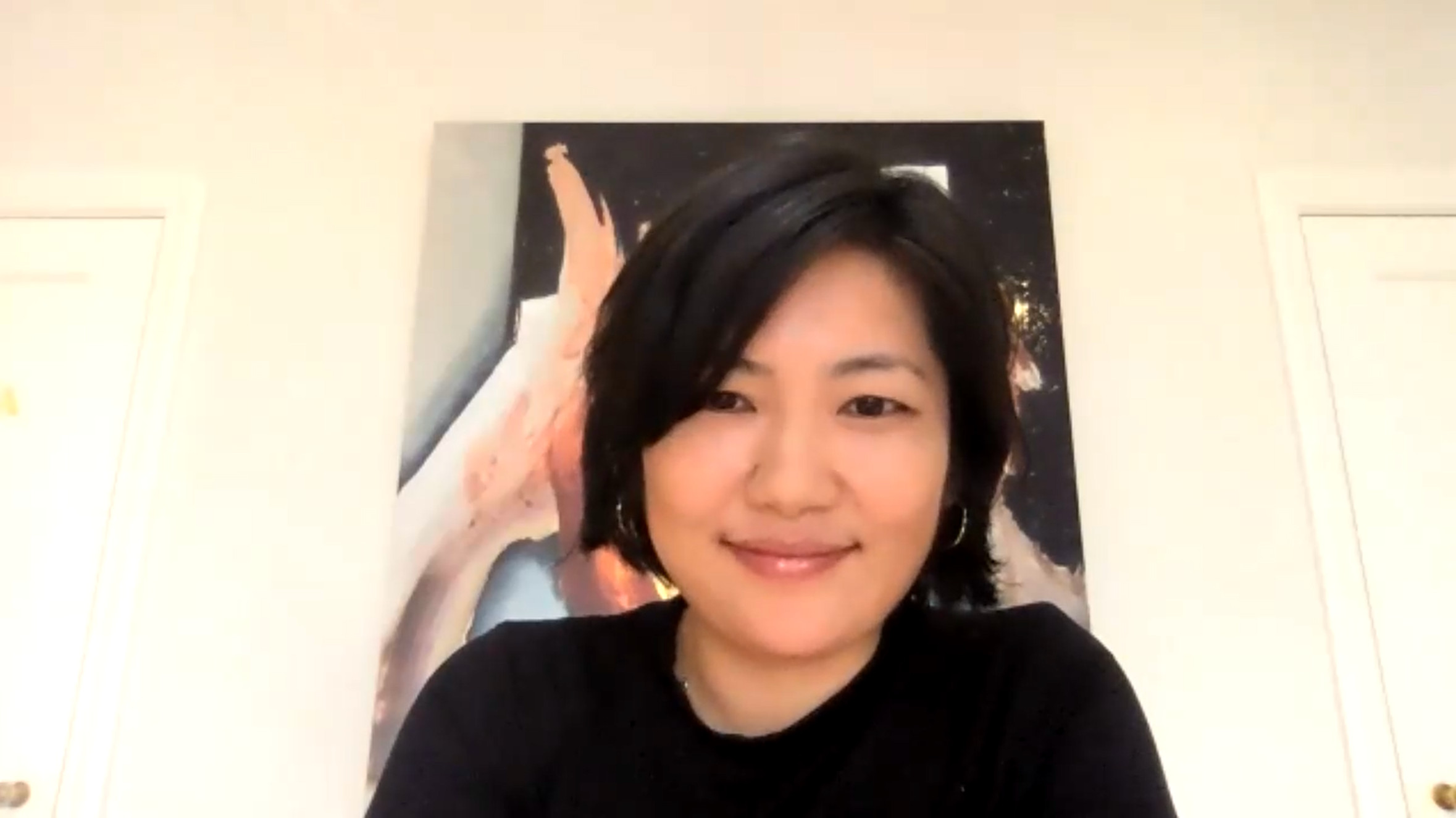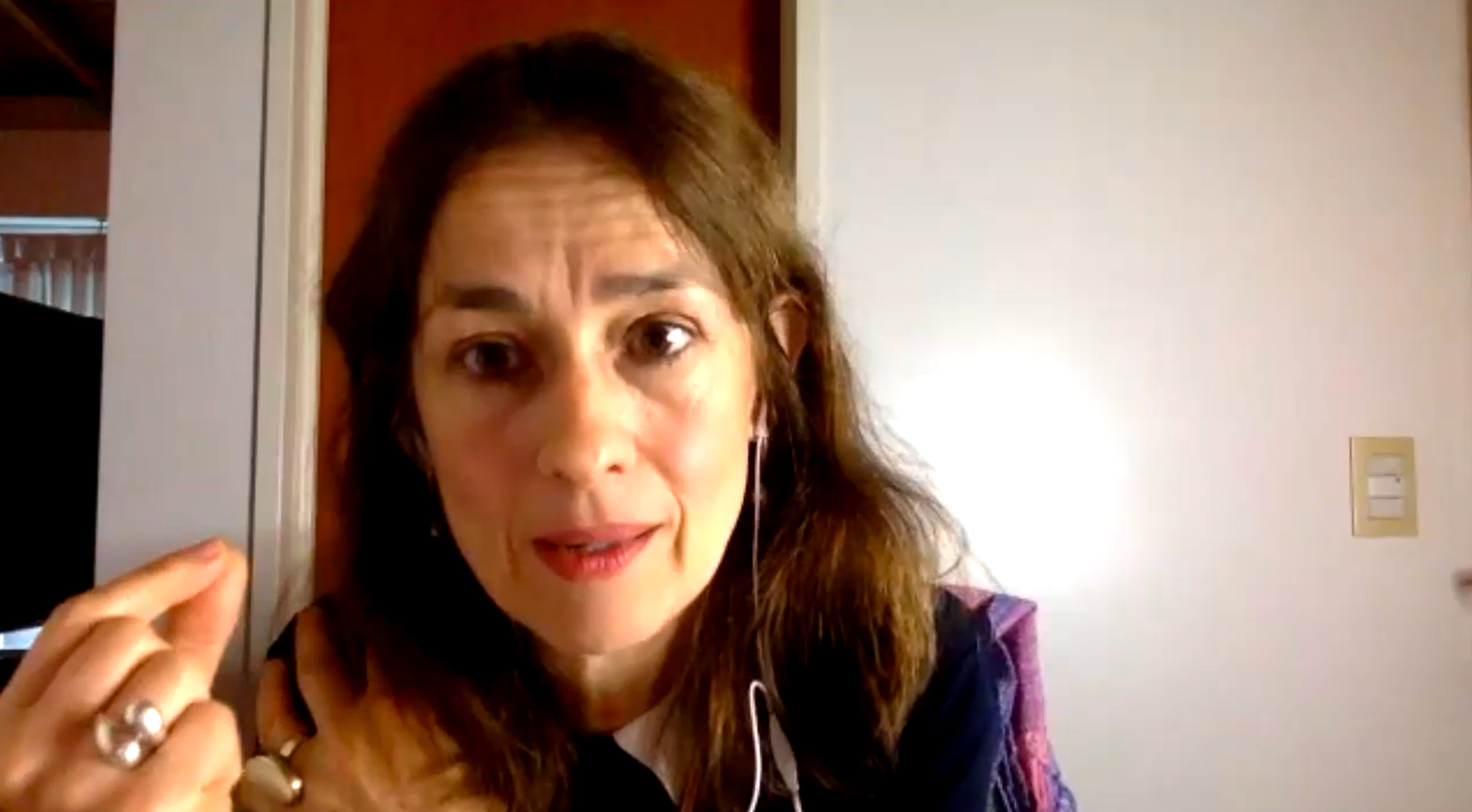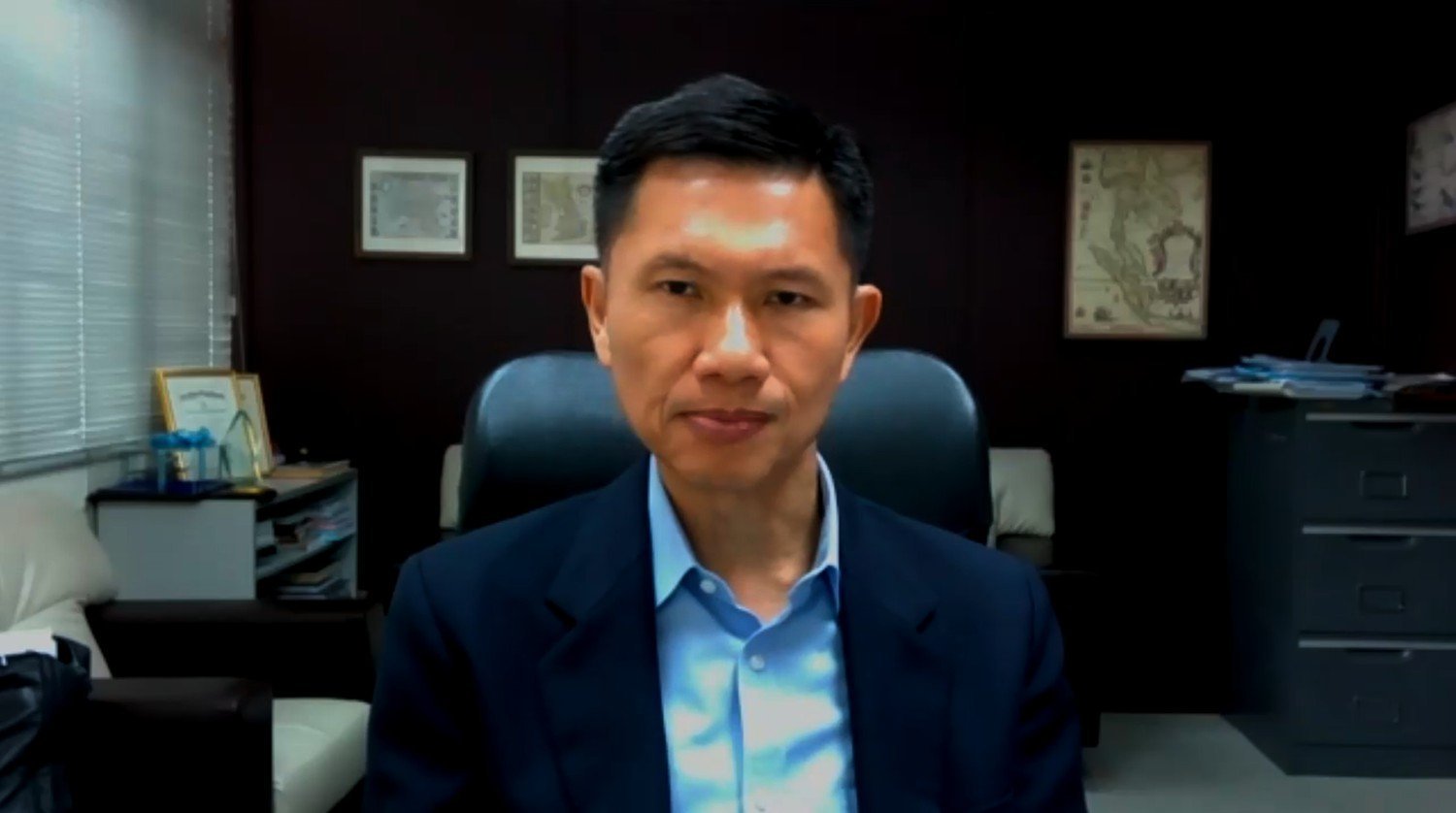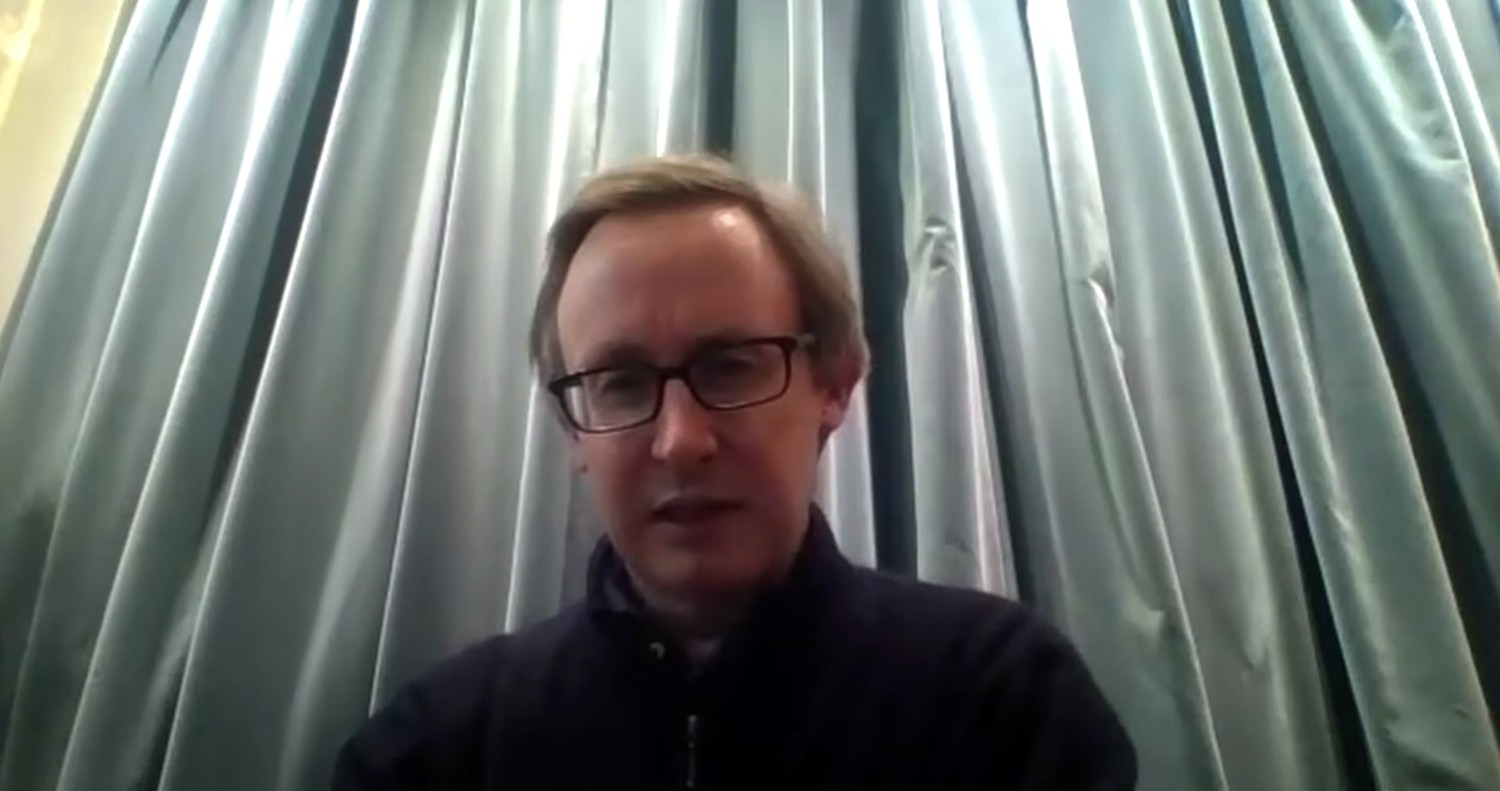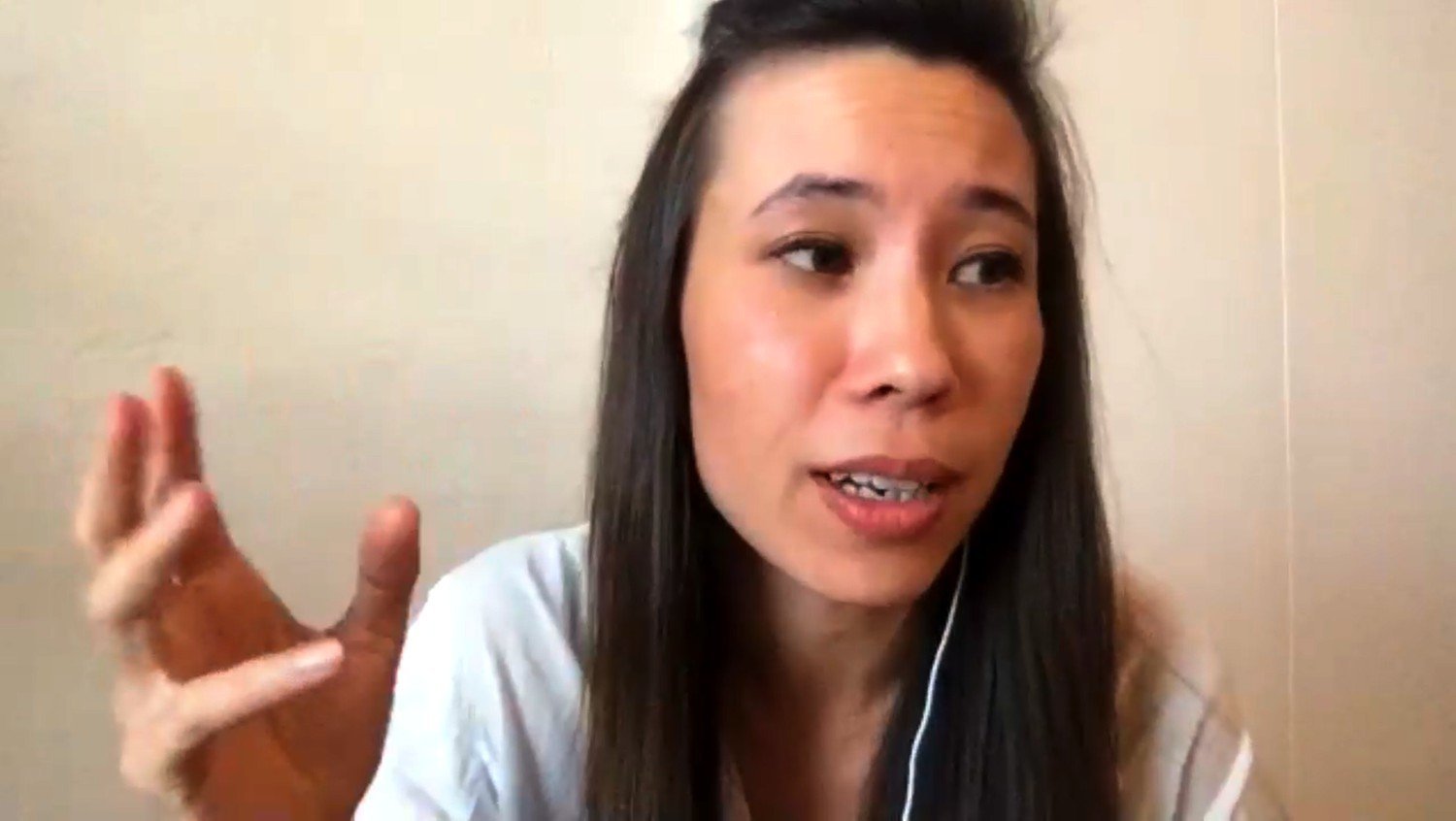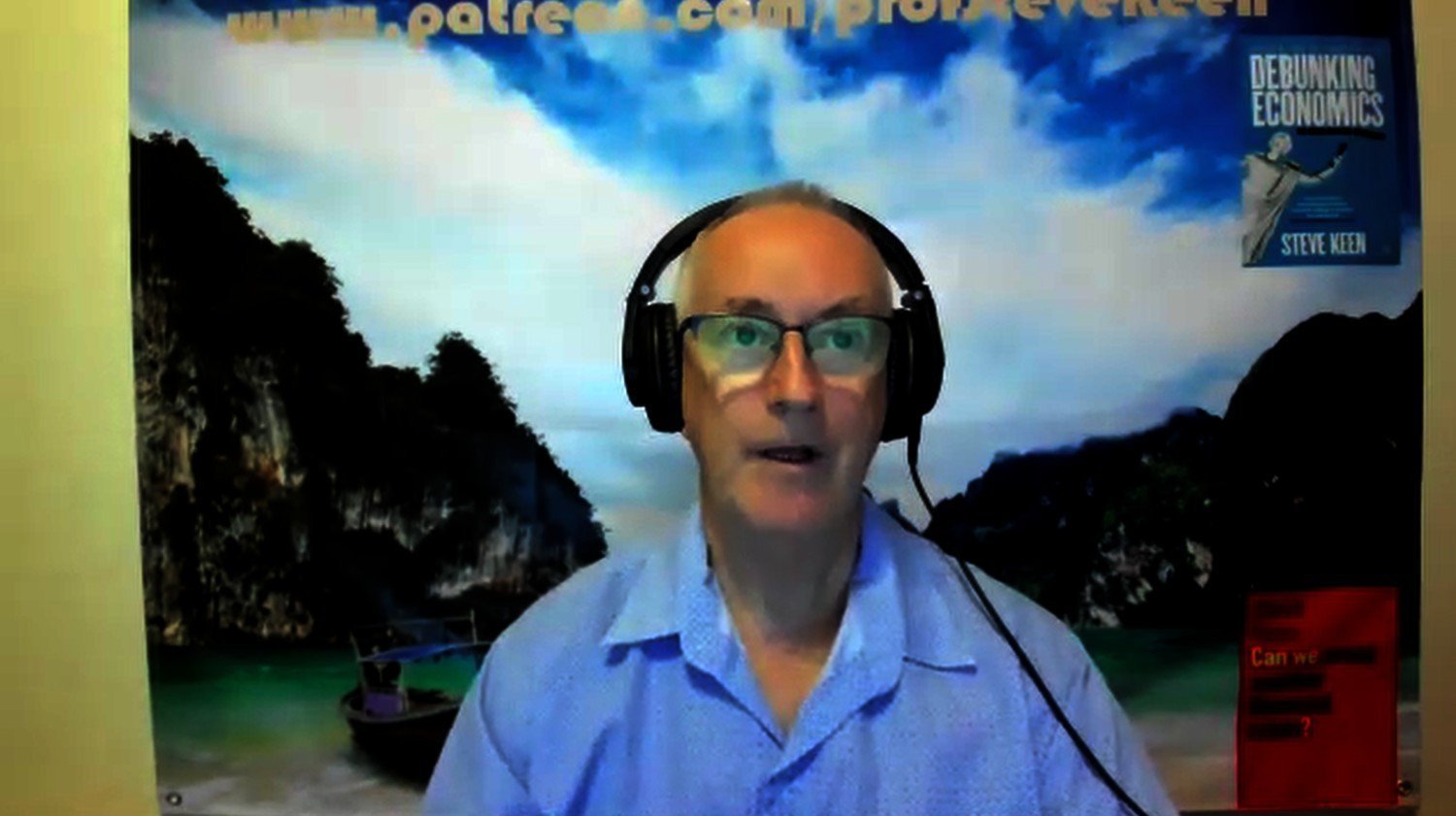Nancy Qian
Chinese and American. Economist. Professor in the Kellogg School of Management Managerial Economics and Decision Sciences at Northwestern University
1. Why does economics matter?
I think that’s a great question. And the reason that economics matters is that every single person needs resources like food and housing to live. And then every society, every government needs to allocate these resources. And in addition, other resources like schools and roads, public health care, public safety like policemen and national defense, in order to make the country function. So economics, unlike what many people think, is not just about finance and generating money in the stock market.
Economics, at least academic economics, is focused on understanding how to best generate these resources and then how to best allocate them. So what economics tells you is about the trade-offs. So for every decision that the policymaker makes, who gains, who loses, what you gain, what you lose. And then these are the things that every community, every government needs to understand in order to make the best policy decisions that they can. So for that reason economics is central and critical for the functioning of individual lives, small communities as well as countries and larger communities.
2. What are the differences between economic science (academic economics) and economic engineering (policymaking)?
This is something I thought a lot about after getting your question. And I think the best way to characterize it is that academics - the profession of economic academia - is interested in generating new ideas, like what are new ways of thinking about something? But it takes a long time sometimes for these new ideas to map into policymaking, right? I mean, it’s like new ideas in science or engineering: you have a theory first, an idea first, and then sometimes it takes a while to figure out what to do with that idea. You think something valuable will come of it, but we don’t know immediately.
Policymakers don’t have the luxury of time. So policymakers have to make economic policy today, every day, even if they don’t have an economic theory or a new idea to guide them.
So, for example, every day, economic policy makers have to decide what the tax rate is, who to tax, what the interest rate is. The Federal Reserve have to decide what the interest rate is. At a more local level, policymakers have to decide on public schools. When do we open the public schools when there’s COVID? Do we open public schools for all children or some children? I live in Chicago, this is something that people talk about every day these days. And you know someone will be harmed, you know that some people will benefit more than others, and some people might be hurt by the policy. You don’t have the scientific evidence in front of you, and yet you have to make a call today because that’s your job.
And I think that’s the main difference between academia and policymakers.
3. What role does economics play in society? Does it serve the common good?
I think it can serve the common good, and it should serve the common good. I mean, that’s certainly why I became an economist, or decided to study economics, it was this notion that economics is more than that. Like with my first answer, it’s that you have to know economics in order to effectively serve the common good. And what do I mean by effectively? In that to serve the common good, in most cases there are going to be winners and losers. There are very few cases where you make a policy decision and everybody wins. So let me give you an example: think about public schools. All nations today - middle income, even low income, and definitely high income countries - have a lot of public schools.
And to fund these public schools, we tax people and we put in government money. But it’s not win-win for everyone, right? So in order to push people into public schools, we inadvertently discourage private schools and make it harder for parents to home school their kids or send them to religious schools because the state doesn’t fund them. Not so much in the US and definitely not in European countries like France or in countries like China.
So this policy of pushing people to public schools and increasing public schooling is really great and benefits a lot of people - children from low income households who can’t afford public schooling, and then it benefits society as a whole, because getting a lot of kids into the same school system, seeing the same curricula, exposes them to a common set of values. That was the original idea behind the common school in the US and France and other countries in the 19th century. But some people do lose out on that.
So you have kids who would benefit from more specialized environments, you have parents who feel like their right to educate their children the way they want is infringed upon. So there are trade-offs, and economists highlight those trade offs for you. They quantify those trade offs for you in different contexts. And this enables policy makers to make an informed decision about how to best provide a common good.
And in this case, the common good is public schools.
4. Economics provides answers to problems related to markets, efficiency, profits, consumption and economic growth. Does economics do a good job in addressing the other issues people care about: climate change and the wider environment, the role of technology in society, issues of race and class, pandemics, etc.?
Yes and no. So economics does a spectacular job in illustrating the trade-offs and quantifying the trade-offs to the extent that anyone can quantify the trade-offs. It isn’t perfect. It does not do a good job of telling you which policy you should undertake, because that depends on the weight that your society wants to put on the winners and the losers.
Economists do not know the weight. So I can give an example, so one was a public school I raised earlier: how much weight do you want to put on the benefits to the people who go to school having a common, unified national identity in the long run versus those who lose from not being able to go to private schools or being home schooled. Economists can’t give you that weight. The policymaker looks at the trade off, and then they just have to make the call, and I guess their voters will tell them the weight if it’s a democratic society.
So another example is climate change. This is something that, like everyone, we’ve been reading a lot about recently. If we want to help climate change as individuals, let me just give a small example, a day-to-day example. We should use fewer plastic bottles, we should recycle things more. We should not give small children disposable pouch food to take to school. We should pack it ourselves. And so my family does that. But we also have the luxury of time.
I know families who are two working parents working much more than 8 hours a day. They don’t have time to do these things. So if the school said you have to do these things because this is good for climate change, it might be good for climate in the long run, but it imposes the cost on certain families. And then the economists can highlight those trade-offs for the policymakers, but then policymakers have to make the call.
Like, what do you want to do? Do we want to prioritize climate in the long run and some households will have to pay because of that? And maybe we can have some policies to ease the burden for those households. Or do we want to give a lot of weight to the households that are paying a cost for that so they don’t have to do it? The downside being that we don’t do as much for climate change as we can.
So that’s just a very small day-to-day example. But you can think of many other examples along these lines.
5. As we live in an age of economics and economists – in which economic developments feature prominently in our lives and economists have major influence over a wide range of policy and people – should economists be held accountable for their advice?
So when I saw this question, my initial response was, yes, definitely. We should hold people accountable. But then I started thinking about it, and it’s actually hard for me to think of an example where a serious academic economists, or even what you call policy engineering economists, actually have had the power to make policy.
And my view of the situation is that what most economists say, serious economists say, regardless of whether they’re in academia or policy, they make conditional statements. If A then B, if C then D, and they outline the trade-offs, and then policymakers have to make the calls. So sometimes policymakers use what the economists say to justify the costs they make. But the fact of the matter is economists don’t have the knowledge or the scientific backing to make the decision, for the reasons that I just discussed earlier. We don’t have the weights.
So I don’t know what it means to hold economists accountable for policies. So I’m giving a contingent answer. Economists are no different than any other policymakers. If they make a call, they should be held accountable for it. But I think a lot of the calls that are being made politically, which cite economists, aren’t really coming directly out of the mouth of economists.
6. Does economics explain Capitalism? How would you define Capitalism?
Another really great question. Also something I thought a lot about. So I come from China and I still work a lot on China. I’m married to a Belarusian who grew up under the Soviet Union and lived through the whole transition.
So this is something we think about a lot as a household in addition to professionally. And I think the literal definition of capitalism is that it allows individuals to control their economic destinies. The opposite of that would be the extreme form of socialism or a nationalized economy, where the government makes all of the decisions, all of the economic decisions for the household. So capitalism implies a belief that everyone in society can be made better off if individuals are encouraged and allowed to make money.
This is like the original form of capitalism. But in practice, all capitalism today, at least in developed - and by developed I mean, functional economies - capitalism is actually moderated by the state. The state intervenes to make sure that this process of individuals making profits doesn’t harm other people. So an example related to what you mentioned earlier is pollution. So you want factories to make things - that’s good, they provide jobs, they produce things, it promotes trade - but you want to make sure that this production doesn’t produce pollution that harms people living in the area, they don’t pollute the water, they don’t pollute the air. The government needs to intervene and regulate.
The government also intervenes by collecting taxes from people who are able to make money and then redistributing those taxes, either as direct redistributions to the poor or people who are less fortunate, or by using the taxes to fund public goods such as schools, healthcare, and roads, which benefits everyone.
So this type of moderated capitalism is what we have today. The opposite of that is where all decisions are made by the state. And these examples were more prevalent in the 1980s, the most prominent ones were the Soviet Union and the pre-reformed Chinese government, like the China in the 50s and 60s and 70s. So I think one thing we learned in the 20th century, and we learned it the hard way in both the extremely capitalistic societies in the extremely socialist societies, is that the extreme forms of economies and government just don’t work.
It doesn’t work when the government does nothing. Laissez-faire capitalism is not something we want, and it doesn’t work when people have no control over their lives and the state makes all decisions. That doesn’t work. So I think where we’ve ended up is moderated capitalism. I’ll end there.
7. No human system to date has so far been able to endure indefinitely - not ancient Egypt or Rome, not Feudal China or Europe, not the USSR. What about global Capitalism: can it survive in its current form?
I think capitalism, moderated capitalism, will continue to evolve. And for our purposes, we can call it moderated socialism just as much as we can call it moderated capitalism, because what we have now is something in between the extreme forms that we experimented with in the 20th century.
And it’s going to keep evolving along the margins because we’re still fine tuning to figure out the system, to figure out exactly how much we want the government to intervene and where should the government intervene. Should it intervene more during emergencies? I think the answer is yes, during the pandemic, during wars, but how much and how during peacetime when everything is fine? How much should the government tax? What should it tax, how progressive should the taxation rate be?
And same thing with health care. Nordic countries have state-provided healthcare, almost entirely state-provided healthcare, a country like the US doesn’t. I think the answer doesn’t need to be the same, exactly the same for all countries. All countries will continue to fine tune based on their needs and the values of their population, the social values.
And again, that’s something that economists can speak less to. There’s going to be a lot of fine tuning, but not all countries have to end up exactly in the same place. The US probably won’t end up exactly like Norway. I don’t know that it should end up exactly like Norway. Similarly, China will continue to change a lot in the next 30, 50 years.
I doubt is going to become exactly like the US, nor do I think it necessarily should become like the US. So I think this fine tuning process, there’s going to be a lot of trial and error and a lot of evolution. But this general idea that we need to let individuals make a lot of their own economic decisions, and we need the state to be involved to make sure that the common good is taken care of, I think that’s something this moderation and compromise is something that we accept and will continue to work with in the foreseeable future.
8. Is Capitalism, or whatever we should call the current system, the best one to serve the needs of humanity, or can we imagine another one?
So again, I’m going to say that for now it’s hard for me to think of an obviously better system than some in-between of socialism and capitalism. This in-between stage, I think, is the right place to be. And I say that because of everything I said earlier. Resources need to be produced in order for people to live, for society to function. And what we learned from the 20th century and the experiments of the great socialist economies is that that process of production and allocation just doesn’t work well, and it leads to terrible disasters if you don’t allow any individual decision making in the process.
And we also learned the flip side, right. We had laissez-fair capitalist economies. That also led to bad things: terrible pollution in London, in the US, poor children dying, the list goes on and on. So it’s hard, I cannot imagine how to make society function without the generation and reallocation of resources. I cannot imagine how we can do it better by going all the way to the extreme of not allowing individuals or allowing only individuals. So this in-between moderated capitalism or moderated socialism I think is as good as we have at the moment.
